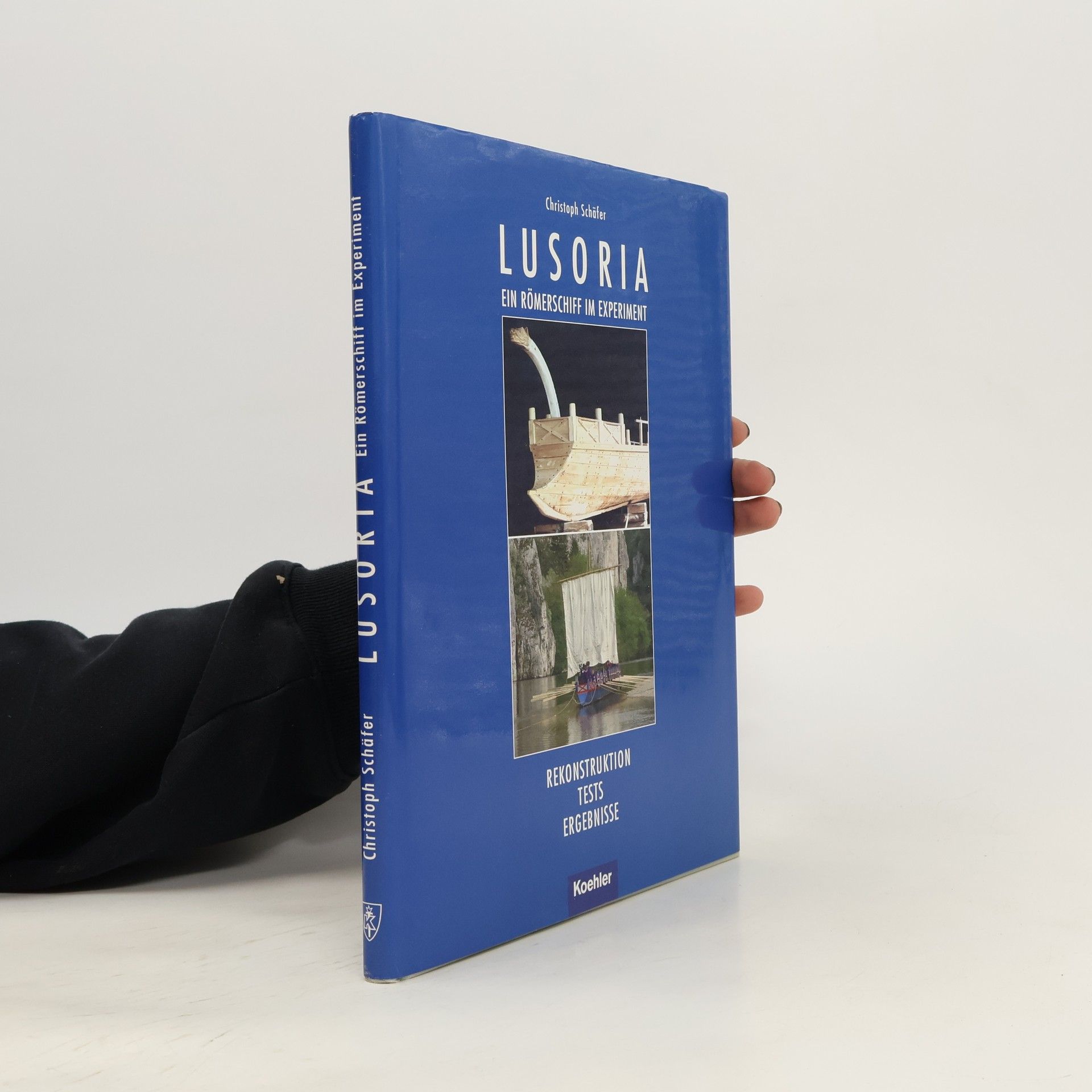Christoph Schäfer Book order (chronological)
September 3, 1961


Lusoria. Ein Römerschiff im Experiment - Rekonstruktion-Tests -Ergebnisse
- 128 pages
- 5 hours of reading
Das Buch behandelt die Rekonstruktion und Erprobung eines spätantiken römischen Kriegsschiffs in Originalgröße. Es liefert neue Erkenntnisse zu logistischen und technischen Aspekten sowie überraschend gute Leistungsdaten. Zudem wird ein neu entwickeltes mobiles System zur Datenerfassung vorgestellt, das die erste Testung eines historischen Schiffes dokumentiert.